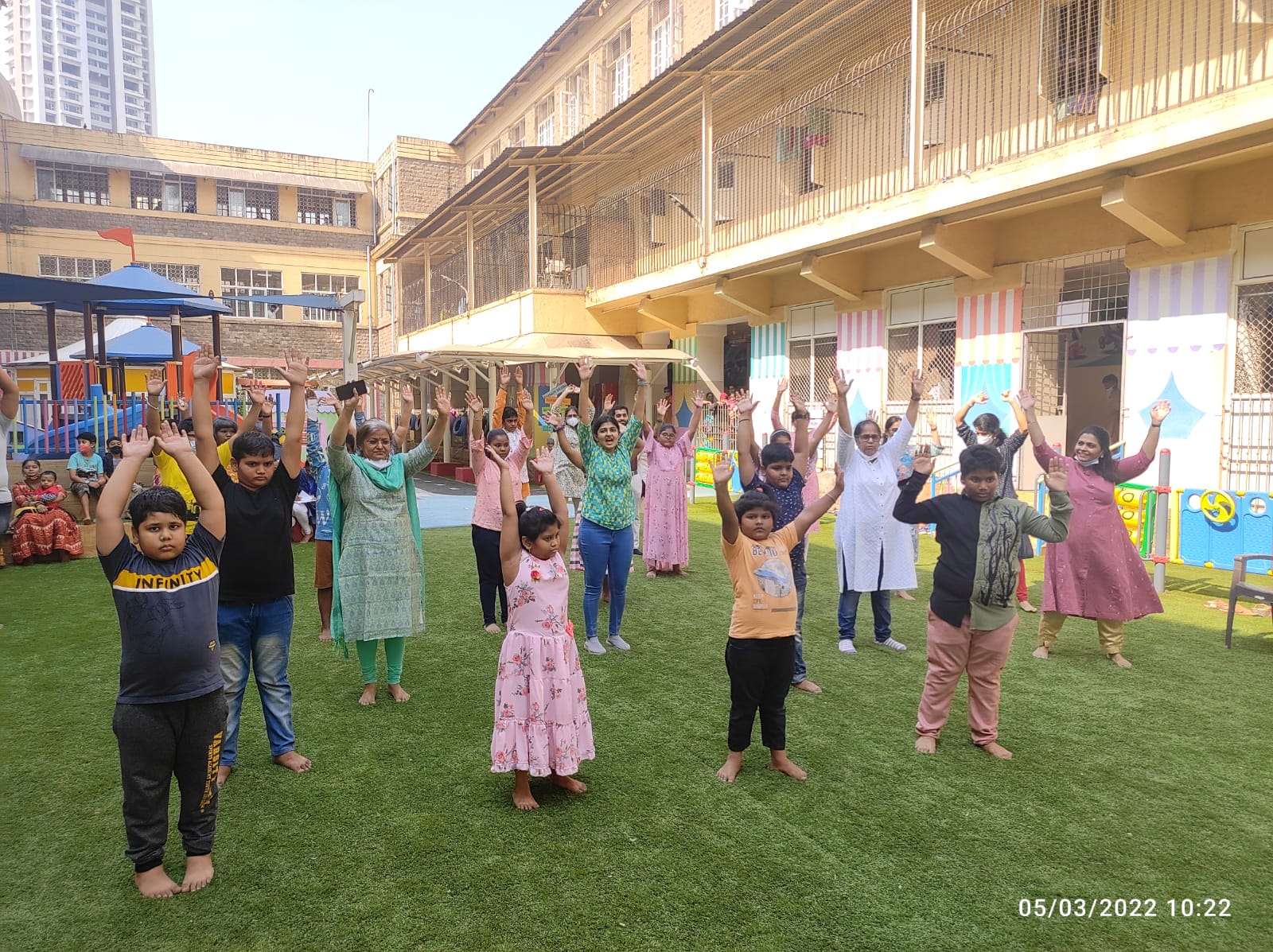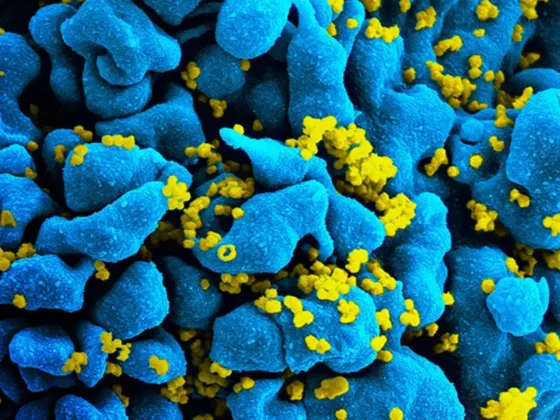The Bai Jerbai Wadia Hospital for Children has organized a free week-long screening and counseling OPD which would culminate on the 5th of March with an educative yet fun-filled session on paediatric obesity for children and their caregivers. The programme is conducted as a contribution to the battle against obesity to give the children the best chance to live happier, healthier, and longer lives.
The World Health Organization defines obesity as abnormal or excessive fat accumulation that presents a risk to health. Consumption of low nutrient foods and beverages and the concurrent sedentary lifestyle are the main drivers of the obesity epidemic. World Obesity Day will be celebrated on the 4th of March with an aim to increase awareness, encourage advocacy, improve policies and share experiences around obesity. “Everybody Needs to Act” – The theme for this year’s World Obesity Day calls for action at the local, national, and global levels acknowledging the fact that to make change a reality, we need everyone-including healthcare professionals, employers, policymakers, people living with obesity, and the general public to be a part of the change. To mark this important day, Bai Jerbai Wadia Hospital for Children has come up with a special initiative to address paediatric obesity.
Dr. Sudha Rao, the head of paediatric medicine department, Bai Jerbai Wadia Hospital for Children, said “Obesity is a disease. It is not only a risk factor for other diseases, it is a disease in its own right and one of the greatest public health challenges. It is estimated that obesity prevalence has increased 3 times from 1975 to 2016 and there are about 41 million children aged less than 5 years and 340 million children and adolescents aged 5 to 19 years are affected by overweight or obesity. Over the next decade, this number is predicted to increase by 60%. Obese children are at a higher risk of glucose intolerance, nonalcoholic fatty liver disease, dyslipidemia, hypertension breathing disorders such as sleep apnea, and musculoskeletal problems. Obesity also affects the social and emotional well-being and self-esteem of children. It is associated with poor academic performance and a lower quality of life. Most importantly, children often carry it through to adulthood ultimately threatening their adult health and longevity.”
Dr. Rao added, “Preventing obesity by promoting healthful diet, activity and environment should be a primary goal. A multi-component and multilevel approach involving the community, school, and family is effective in dealing with obesity. The hospital has taken an initiative to deal with obesity will also go a long way. Children will be screened and counseled for free in a week-long programme at the hospital. The children and their caregivers will be educated about the ill effects of obesity in a nutshell. They will be taught about how to exercise and how much to do in a week. The children and caregivers will also get to enjoy fun-filled activities and games.”
“There is a spike in obesity cases during the pandemic. Children had to be at home for the last 2 years and many of them gained weight due to lack of exercise and poor eating habits. Now, after school reopened, the children are facing a lot of problems like stress while adjusting to the new schedule, they are unable to follow a structured and disciplined routine that can further worsen their health. There is a stigma associated with obesity as overweight children are often bullied, fat-shamed, and ridiculed. It is essential to treat the root cause of obesity via a holistic approach. Obese children are likely to become obese adults. Overweight and obesity should be prevented in children. Waida Hospital strives for the welfare of children and is committed to providing lifelong management when it comes to paediatric obesity,” concluded Dr. Minnie Bodhanwala, CEO of Wadia Hospital.









